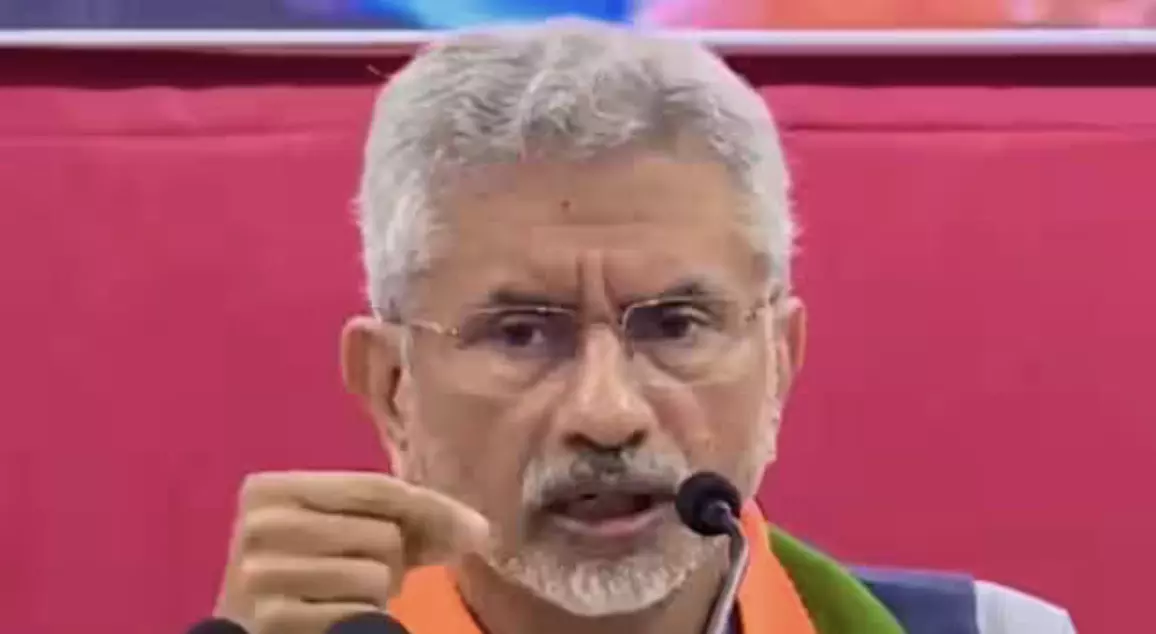India stands firm against terrorism and progresses toward resolution with China
India stands firm against terrorism and progresses toward resolution with China

Union External Affairs Minister S. Jaishankar, speaking at a press conference in Mumbai, emphasized India’s strengthened stance against terrorism and addressed progress on recent agreements with China along the Line of Actual Control (LAC) in Ladakh. Reflecting on the tragic 26/11 Mumbai terror attacks, he underscored that "this India will not" respond passively if similar incidents were to recur. “Mumbai stands as a symbol of our unwavering counter-terrorism efforts for India and the world,” he stated, reinforcing that India’s approach to terrorism is one of “zero tolerance” and that any threats will be met with action.
Jaishankar highlighted the strides India has made in counter-terrorism, noting India's leadership role while on the UN Security Council. By holding a counter-terrorism panel meeting at the very hotel attacked in 2008, he pointed out how the nation reclaims such spaces as symbols of resilience. “We will not accept actions that support terrorism, nor will we ignore them,” he said, signaling a clear stance against any nations or entities that undermine India's security.
Progress with China on LAC Tensions
Jaishankar also shared updates on recent agreements with China regarding troop disengagement and patrolling in Ladakh, a significant step toward easing the prolonged military standoff that began in 2020. He stated that patrolling in areas like Depsang and Demchok is expected to return to pre-standoff norms by October 31, signaling progress though full normalization of relations remains a work in progress.
Speaking about the challenges faced by the Indian military in “very unimaginable conditions,” Jaishankar attributed the success of this diplomatic breakthrough to a “determined” stance on both diplomatic and military fronts. He noted that India's focus on border infrastructure over the last decade has strengthened its defense capabilities along the border, with a fivefold increase in resources annually compared to previous years.
The minister emphasized that while de-escalation and disengagement are initial steps, broader issues, such as border management and negotiating boundary settlements, will require continued efforts and time to restore trust and stability.

